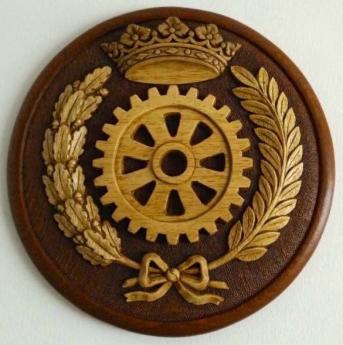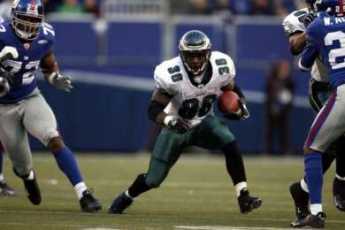
Philadelphia Since the Industrial Revolution
The Industrial Revolution began about the time America declared Independence. The young nation faced a clean slate and boundless opportunities.
At the conclusion of the English Civil War, religious dissenters were mainly concentrated in the region around Manchester, England.
The term dissenter is roughly equivalent to British Protestantism, although the Anglicans were themselves Protestant with regard to the Catholic church. As were the Lutherans on the continent of Europe, the Dutch Reformed, the Swiss Calvinists and French Huguenots. Quakers formed a major part of the English dissenters, and were among the first to leave for the new world. Although William Penn was perfectly sincere in his offer of religious tolerance for immigrants of every religion, it was mainly the other dissenters he had in mind.
Penn's mother was Dutch, so he probably had inhabitants of nations bordering the Rhine in mind, as well. Penn had more real estate for sale than any other American, ever, so it seems quite unlikely that he would have rejected any requests to immigrate. The British government was uneasy about catholic immigrants, even though both King Charles and his brother James were secret Catholics. And other circumstances which did not come up might have caused Penn to pause in his sweeping invitations to all religions, too. As a practical man, he extended religious freedom to everyone who could manage to get to the colony, not a blanket invitation to come here.
- Curtis To Cy Curtis, magazines were just vehicles for advertisers. In fact, his mags taught former farmers how to manage urban life, more or less accidentally creating a focus for American books, authors, politics and literature. The fall of his empire teaches the lesson that antitrust laws against vertical integration are probably unnecessary.
- Philadelphia Legal Scene The American legal profession grew up in this town, creating institutions and traditions that set the style for everyone else. Boston, New York and Washington have lots of influential lawyers, but Philadelphia shapes the legal profession.
- Literary Philadelphia Literary
- Musical Philadelphia Quakers never cared much for music, but the city has nonetheless musically flourished into international fame. At the same time, quarrels and internal battles have also been world class.
- Railroad Town
 It's generally agreed, railroads failed to adjust their fixed capacity to changing demands. It's less certain Philadelphia was pulled down by that collapsing rail system.
It's generally agreed, railroads failed to adjust their fixed capacity to changing demands. It's less certain Philadelphia was pulled down by that collapsing rail system.
- Science Science
- Sporting Philadelphia
A few reflections about sports in and around Philadelphia.
